
Stroke Awareness
This course explains the main causes of a stroke; the different types of strokes, factors that increase the risk of a stroke; how to reduce the risks; how to identify the signs of a stroke; how a stroke is treated and the common symptoms an individual may experience; how you can support an individual who has had a stroke and the roles of the different professionals who can help.
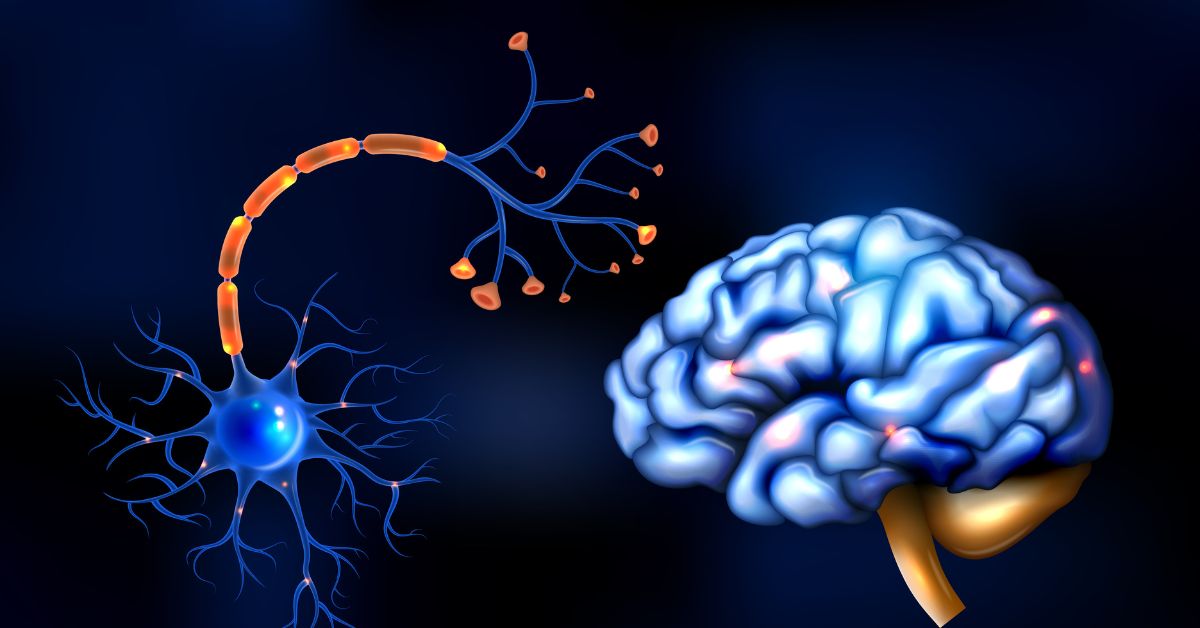
Motor Neurone Disease (MND)
This course aims to increase your knowledge and understanding of how to support and care for an individual who has this life-shortening disease; explains what MND is; the different types, possible causes and symptoms commonly experienced with the disease; the roles of different professionals and what you can do to support an individual MND.
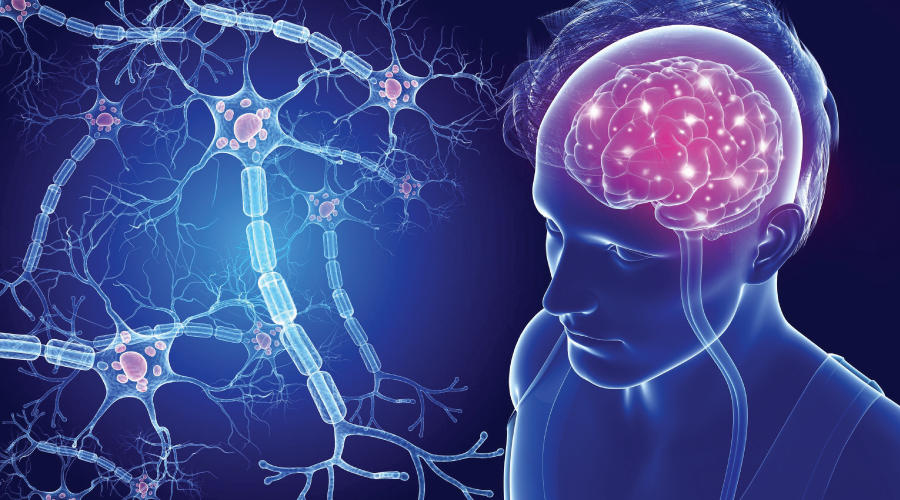
Multiple Sclerosis
This course aims to increase your knowledge and understanding of Multiple Sclerosis (MS) learn about the common symptoms of MS, how these symptoms can affect an individual and what can be done to support with the management of these symptoms and how to support and care for an individual who has this condition and the roles of the different professionals

Sepsis
This course defines sepsis, severe sepsis and septic shock. It examines the causes of sepsis, the source of infections that may lead to it. You will explore the signs and symptoms of sepsis and what to do if you suspect an individual may be developing the condition. You will consider who is most at risk of sepsis and learn how it is diagnosed and treated

Parkinson’s Disease
The course explains what Parkinson’s disease is, the main symptoms, the difference between Parkinson’s disease and ‘Parkinsonism’s’; causes of Parkinson’s disease, the signs and symptoms of Parkinson’s disease; different treatment options available; good practice when working with individuals who have a diagnosis of Parkinson’s disease.
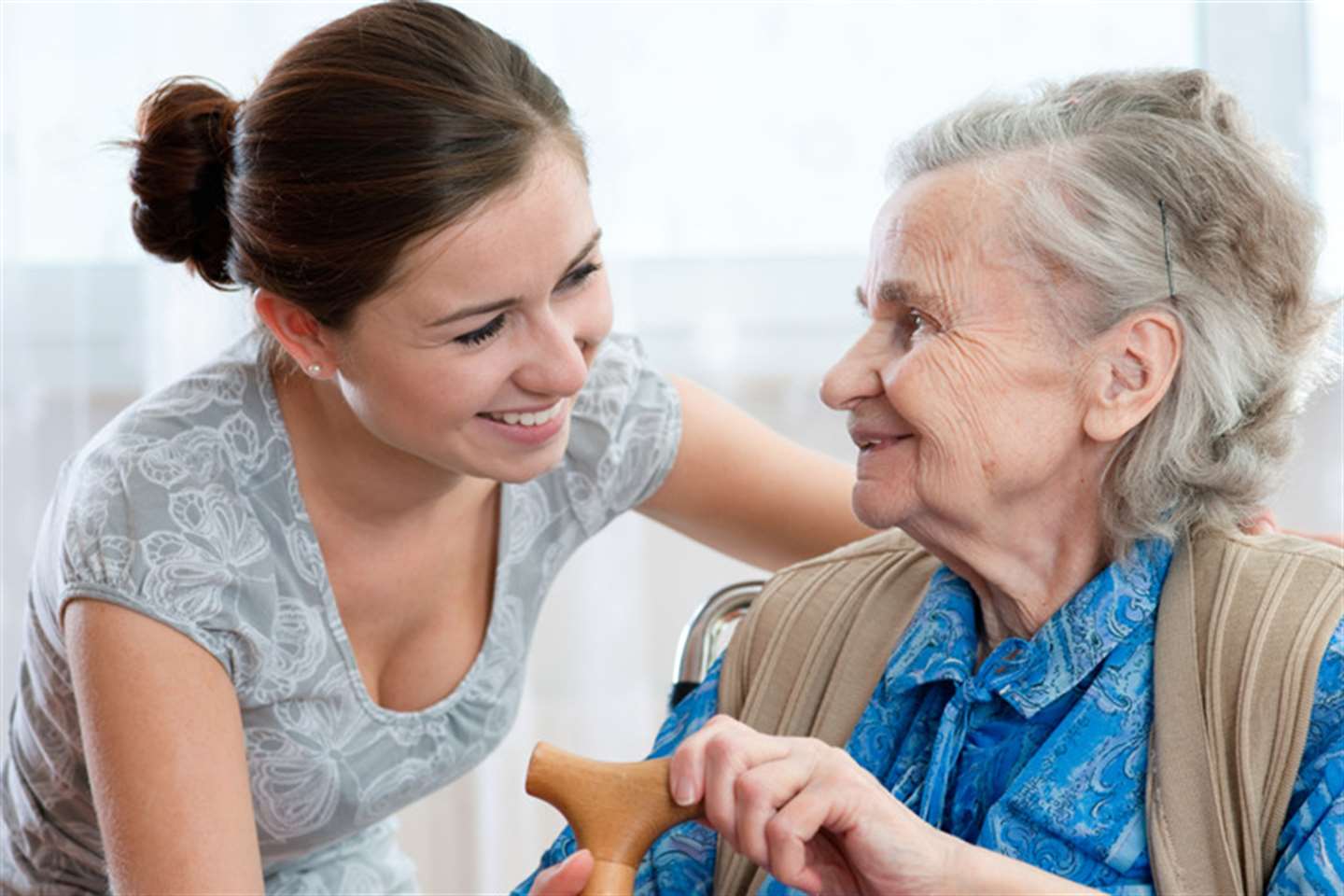
Managing Continence
This course describes different types of incontinence, the common causes of incontinence and the effect that problems with continence can have on an individual. Ways that lifestyle can affect continence; different types of continence equipment available; and how to support their use; how to help an individual manage continence safely.
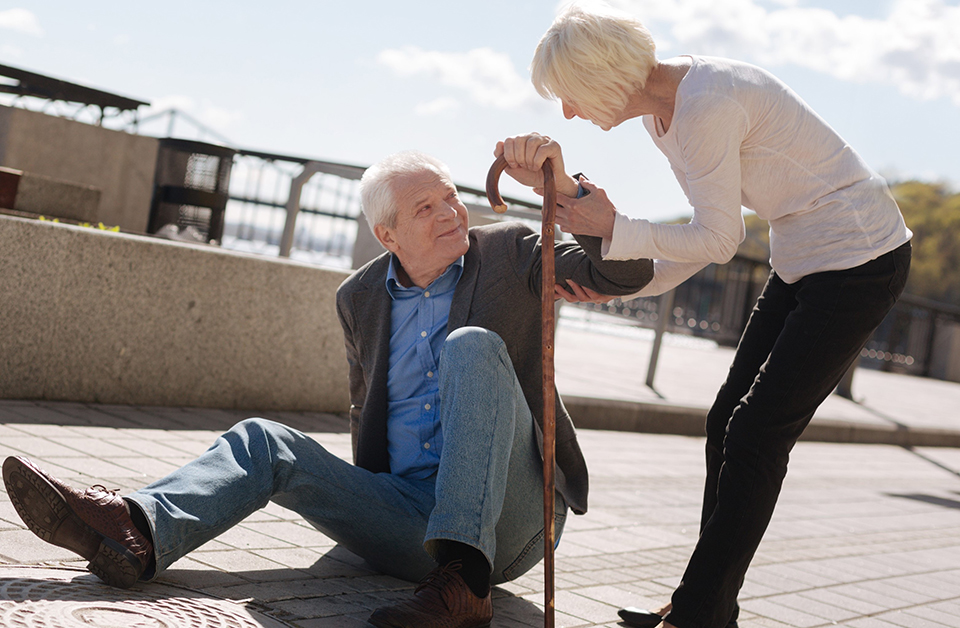
Falls Awareness
This course is to increase your awareness of how to help an individual reduce their risk of slipping, tripping and falling; the negative impact of falls for older people and others in the care sector; what to do if an individual does have a fall: different hazards that can increase the risk of a fall; identify potential hazards; strength and exercise programmes; using different aids and adaptations.
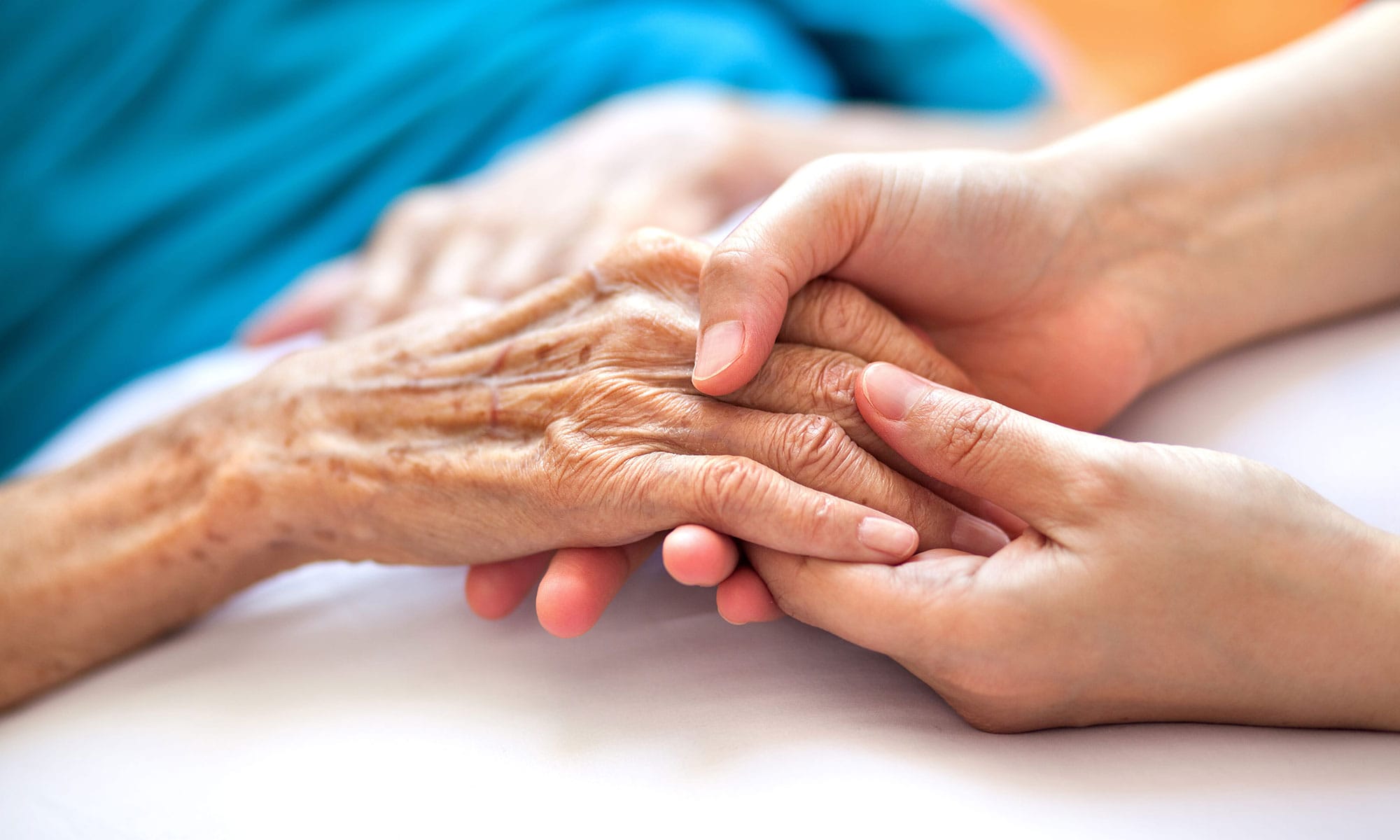
End-of-life care
This course describes ways of supporting the individual and their loved ones’ emotional, psychological, religion and spirituality; the signs that may indicate an individual is nearing the end of their life; about sensitive issues and conflicts that can occur and how to deal with them appropriately; about services available to support end-of-life care and actions to take following the death of an individual.
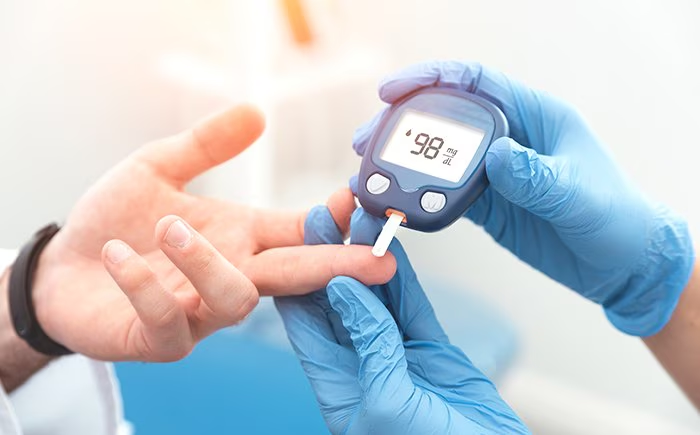
Diabetes Awareness
The course explains what diabetes is, the different types of diabetes and the possible long-term complications, the features of Type 1 and Type 2 diabetes, including the possible causes, signs and symptoms and risk factors, how to support individuals to make informed decisions, the importance of nutrition, how different carbohydrates affect blood glucose level and other conditions.

Dementia Awareness
The course covers the meaning of dementia and explores the main types of dementia together with their causes. You will examine the signs and symptoms that may indicate dementia, factors that may increase the risk of developing dementia and how to reduce them, treatments available to individuals diagnosed with dementia including the need to adopt a person- centred approach.




